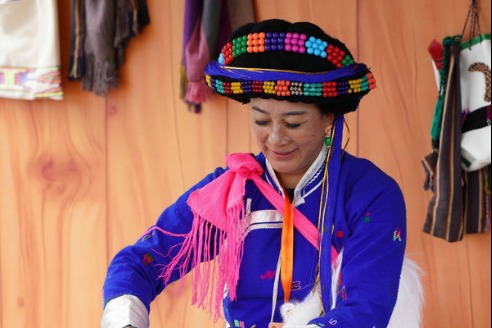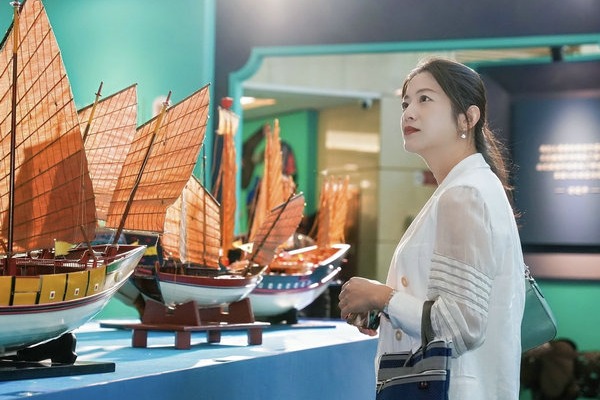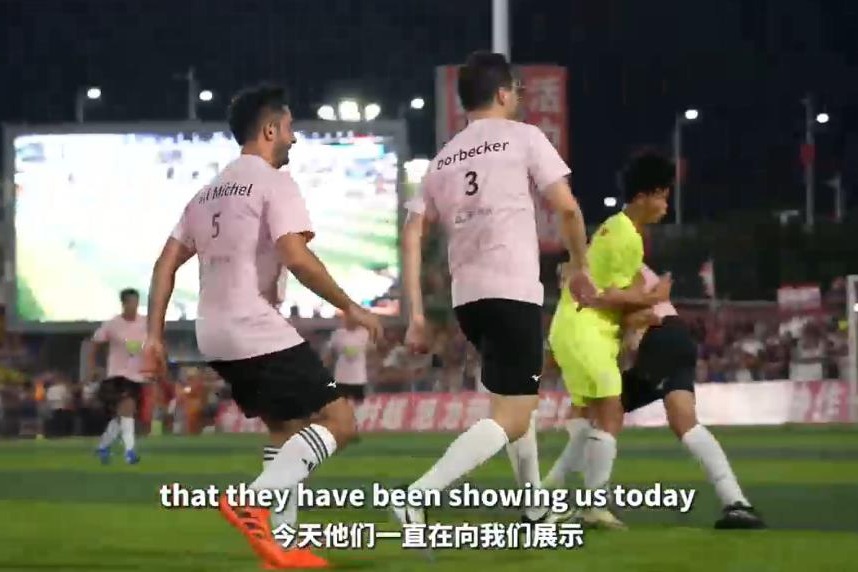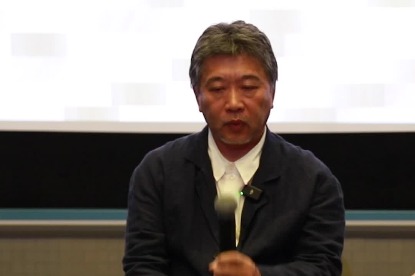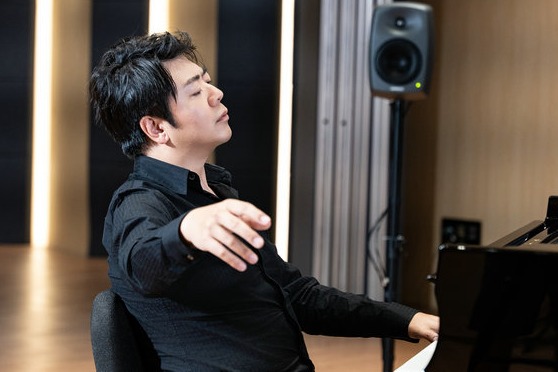Reality show highlights country's beauty and commercial drive

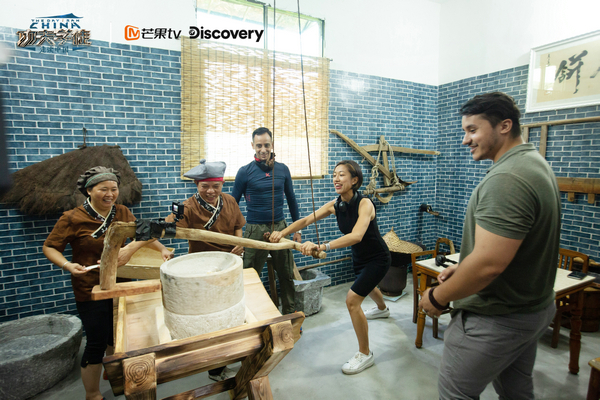
An e-commerce training center has been set up to provide professional instruction for farmers and entrepreneurs across the county.
In 2019, e-commerce sales of agricultural products in the county reached 185 million yuan ($28 million) and featured more than 12,000 online entrepreneurs.
The program's participants were asked to sell agricultural products and local delicacies via a one-hour live broadcast.
Daniela Sena, 31, a Brazilian woman who has run her own business in China since 2013, participates in the show and was impressed by people with limited reading and writing skills in villages of Yizhang county who "manage to use the phone to livestream their products and make a profit out of it".
Sena owns a company that sells home decorations, fashion items and cosmetics that are made in China to customers in Brazil. She decided to take part in the show to learn more about the country's rural areas.
"I thought that would be a good experience for me in terms of understanding the other side of China a little bit more," she explains. "The theme of the show is poverty alleviation. I want to know how it happened here, and if it can be applied in other places, especially back in my own country."
Through the show, she has also been inspired to use technology more to facilitate trade between the two countries, she adds.
Sena, now based in Hangzhou city, Zhejiang province, is also the founder of the She Up community which promotes gender equality, with a focus on empowering female entrepreneurs. Supported by local authorities where Sena is living, workshops, sessions and online courses have been launched by She Up to give female entrepreneurs practical assistance to help them run their businesses more effectively. The community has attracted more than 1,000 members from 65 countries.
"As more women are involved in business, we would like to help individuals and companies to develop technical and leadership skills," she says, adding that she hopes the community members can learn more about these web-savvy women in rural areas and learn from them. "It's really inspiring to see how strong they are."
Lucien Pang, 31, a British-Chinese participant on the show was also amazed by the wide application of e-commerce livestreaming in rural China. "The technology is such a cool way to bring about massive changes," says Pang. Livestreaming, he adds, is a direct way to sell products, which helps farmers avoid the need for costly advertising.
He believes that e-commerce will help bridge the gap between urban and rural areas.
"I hope interactions on the livestreaming platforms will see city dwellers learn more about farmers and show them more respect," says Pang, who used to be a freelance reporter, writing stories about technology trends for various international media outlets. Three years ago, he chose to set up a PR agency in Shanghai to "help cool brands get more exposure".
Pang also runs a charity organization which cooperates with schools in small villages across China to provide professional training for local teachers on how to better deliver physical education classes.
"A healthy body creates a healthy mind. Physical education helps students to maintain fitness and also boosts their confidence," he says.
One dilemma for Pang is that it's time-consuming for him to travel to those remote villages and organize charity events. But, thanks to the show, after experiencing the power of livestreaming in Yizhang county, an idea struck him-h(huán)e can also offer live, online classes to reach out to a larger group of rural teachers and students without the restrictions of time and space.
He says the show is an eye-opening journey, enabling him to become immersed in rural China's diverse cultures.
"It's different from those trips I took before. By taking part in multiple activities arranged by the show, we get to see what is exactly going on in terms of farming and other kinds of stuff," he says.





















